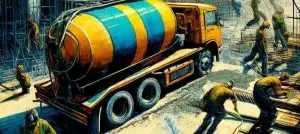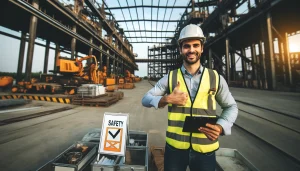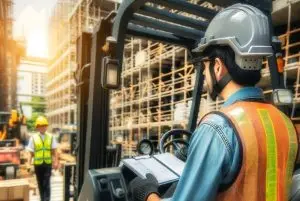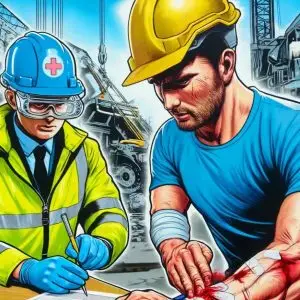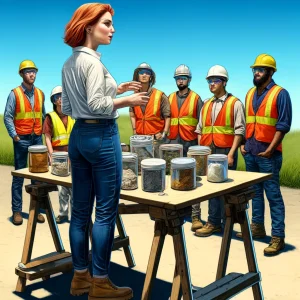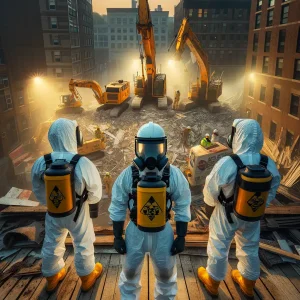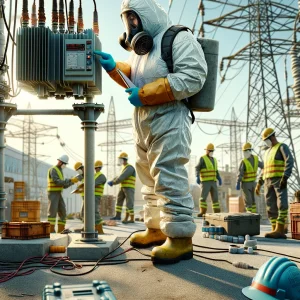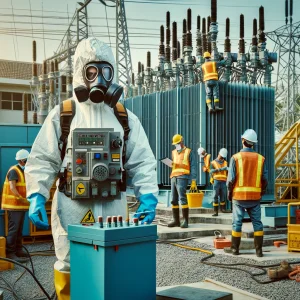Description
Up-to-Date Training on Regulations and Standards
SSHOs must stay current with the latest safety and health regulations, including OSHA standards and state-specific rules. Training covers new legislation, updates to regulations, and industry best practices to ensure safety and compliance on construction sites. This forms a vital part of Safety Officer Continued Education.
Certification Programs
Certifications like CSP, CHST, and CIH require ongoing education as part of Safety Officer Continued Education.
Safety and Health Management Systems
Training in safety and health management systems is crucial. SSHOs learn about risk assessment, hazard identification, emergency response, and safety policy development to effectively manage these systems on-site. This training is essential for Safety Officer.
Technology and Innovation
Advancements in technology, such as drone surveillance, wearables, and safety management software, are key areas of training. SSHOs must stay informed about these tools to enhance job site safety, forming an important component of the course.
Soft Skills Development
Soft skills like leadership, communication, and conflict resolution are essential for SSHOs.These skills aid in implementing safety policies, conducting training, and fostering a safe work environment, all critical to Safety Officer Continued Education
Specialized Training
SSHOs may need specialized training in high-angle rescue, confined space entry, hazardous materials handling, and scaffolding safety based on job site requirements. This specialized training is also part of Safety Officer Continued Education.
Titan University CE Package
The Safety Manager Continuing Education Bundle offers essential courses on hazard communication, PPE, fall protection, and confined space entry. These courses are crucial for enhancing safety knowledge and practices.:
It helps Site Safety and Health Officers (SSHOs) renew their certification and stay updated on the latest safety regulations. Additionally, it serves as a key resource for Safety Officer Continuing Education.”
By staying current with continued education, SSHOs enhance their safety management, reduce risks, and promote a culture of safety on construction sites. Safety Officer Continued Education is vital for their professional growth and effectiveness in the field.




